Cooks and food critics can't enjoy a good meal. They're always judging the texture of the food, the flavours and freshness of the ingredients and the composition of the plate. The distant lands and exotic places evoked by the explosion of tastes are instead reduced to a mixture of under cooked and stale ingredients, badly combined.
Music conductors and musicians can't enjoy a concert. They can pick up the slightest fault, the slightest flat or sharp note, the slightest instrument out of tune. They'll notice when the trumpeter comes in late and the violins are out of sync with the violas and the double basses and the tubas are all over the place. The mystical experience of the soaring and majestic harmonies and melodies become for them a jumble of notes and jarring instruments with incompetent players at the business end.
Music, food, poetry and prose. For the connoisseur, the sense of enjoyment is lost, overpowered by the critic within shouting out condemnations and anathemas, pointing out the things done wrong, ruining the fantasy.
This is a risk that those who are involved in the Liturgy often fall prey to as well. The more we study the liturgy and its minutiae, the more we concern ourselves as to whether the Lenten shade of purple should be darker than the shade for Advent and whether liturgical rose is pinkish or a deep blood red, the more we are drawn away from the transcendent mystery before us and the more we are focussed on the trivia.
How often have I attended Mass only to be distracted by the priest wearing his stole over his chasuble, by the off key music, by the bellowing cantor, by the wrong liturgical colour, by the near heresy being preached from the pulpit, by the blown out candles, by the priest not genuflecting, by the wrong number of ductae of the thuribles, by the missing gestures and bows. And I'm surely not alone in this.
Too often, the liturgically aware have let these distractions and temptations distract them from participating in the the Holy Sacrifice of the Mass. Their attention wanders and often, anger wells up at the irreverence and incompetence shown by the priest or the various other ministers in the sanctuary.
When this happens, we cease to find joy in His presence, we feel no joy in worshipping the One God. When the rest of the people join the angelic choirs praising God, we stand in sullen silence, like a child throwing a tantrum, unhappy at the happiness of the others around us. We can't join in. We can't praise God. We can't worship Him, present in the Blessed Sacrament of the altar. We get caught up in our own anger and indignation, albeit justifiably so, but still...

We want our priests to look like this.
What our priests actually look like.
We dread attending Mass, wondering what nonsense the pastor will spout in his homily, what hippy music will blare forth from the band, what new fangled abomination will be foisted to decorate the sanctuary.When this happens, if this describes your experience of the Mass, the Holy Sacrifice of Calvary, then stop. Take a step back. Detach yourself from being a critic, a judge of the liturgy, evaluating the priest and the music as if you're picking out oranges looking for defects. Stop.

What we think Eucharistic Adoration should look like.
What it really looks like.
Look past the veil. Just as we look past the veil of bread and wine and discern the Body and Blood of Christ, we must sometimes be able to look past the priest and his quirks, the monstrous looking altar, the cheap cups and vessels, the ugly vestments. We should discern the person of Christ offering the Sacrifice of Calvary through the priest. We should discern Jesus Our Lord, Really and Substantially Present under the species of Bread and Wine in those ugly, cheap vessels. We should discern the present of God, of the angels and the entire communion of saints in that horrendous excuse of the Church when the Mass is being celebrated.
What we expect a Pontifical High Mass to look like.
What it really looks like.
We need to find joy in the presence of God. Relive the joy you first felt when you came to know the Lord Jesus, when you realized that He is present in the Eucharist, when you realized He gave Himself up on Calvary and continues to give Himself in the Sacred Host, for you and for me.

Let the Mass, when it is being celebrated, be a moment of grace, a moment of mystical and corporal union with the Lord Jesus Christ, a moment of prostration before God's throne with the angels and all the company of Heaven.
 The temptation of St. Anthony. Sometimes, I feel like St. Anthony when attending an irreverent Mass. Sometimes, I feel like one of the demons attacking St. Anthony when I think of what I'm going to do the priest celebrating that irreverent Mass.
The temptation of St. Anthony. Sometimes, I feel like St. Anthony when attending an irreverent Mass. Sometimes, I feel like one of the demons attacking St. Anthony when I think of what I'm going to do the priest celebrating that irreverent Mass.Let this be our resolution this Lent.
When the Mass is over and after you've said your thanksgiving prayers and when you've spent some time before the Blessed Sacrament and lit a candle before the altar of Our Lady, then rush home and write a letter of complain to your Bishop and to Rome.
Remember, photos and videos help =)
![[Unam Sanctam]](https://blogger.googleusercontent.com/img/b/R29vZ2xl/AVvXsEiymQ2adTjpZ1ABhPBbBBquiPCxeQrc4Jy_97vOikT0wGQeJleriiXQy6ebnb0jrYe-TfvcK77txStB4aIwVAdD41ZdMkVfNtFGC0JX6LBV9B8mfeRZaIAM7Sj-011ag3DiKQzv/s1600/headerdivinemercy.jpg)
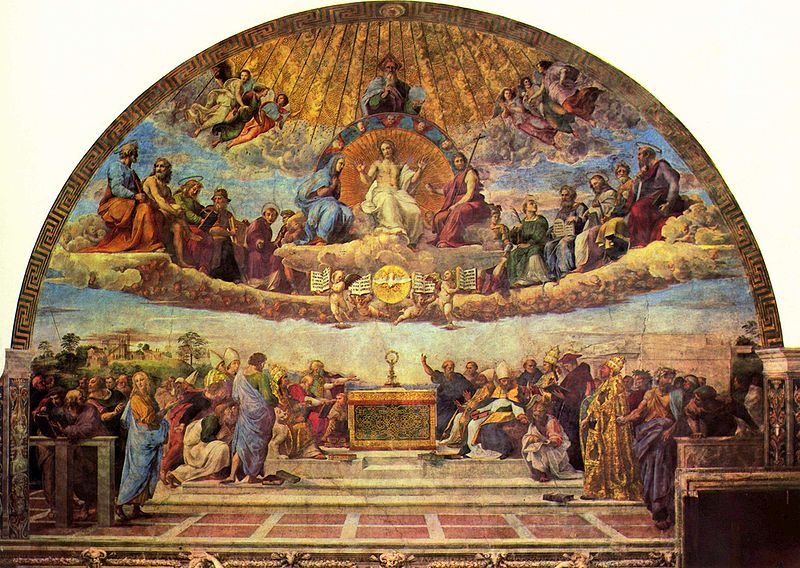























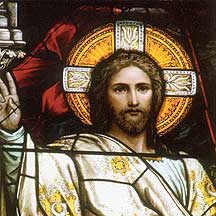







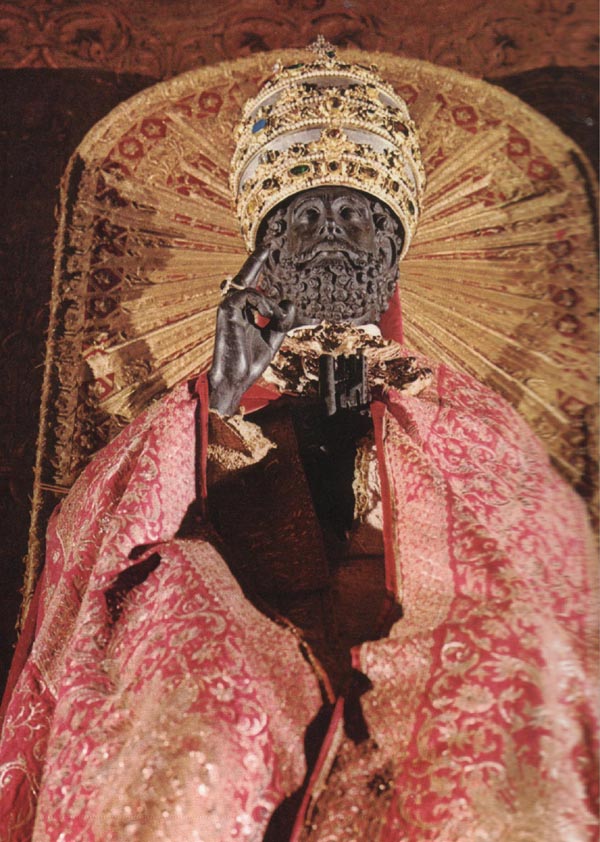
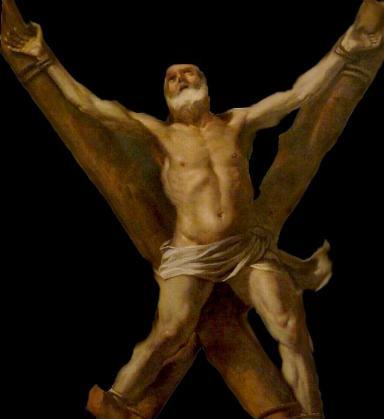




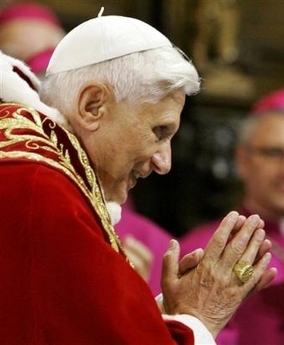






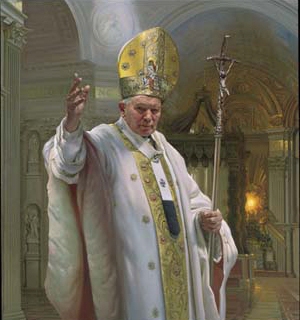
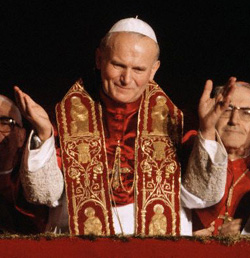
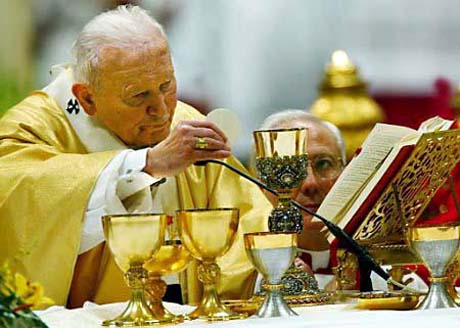







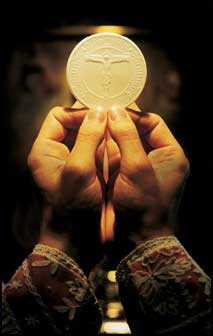
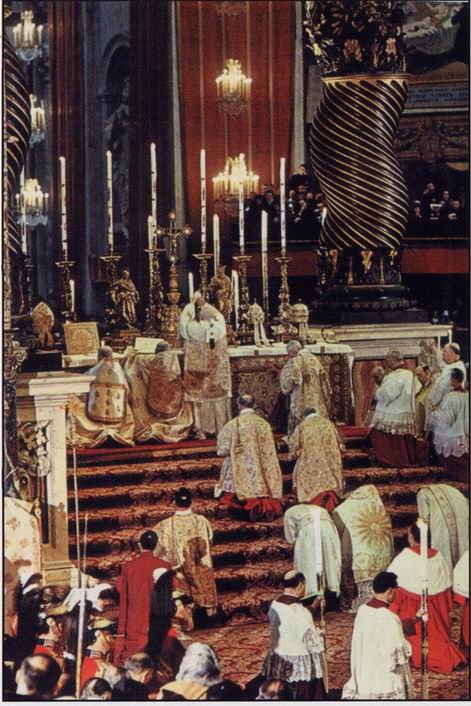



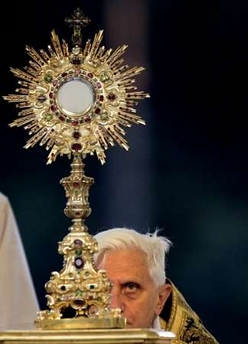







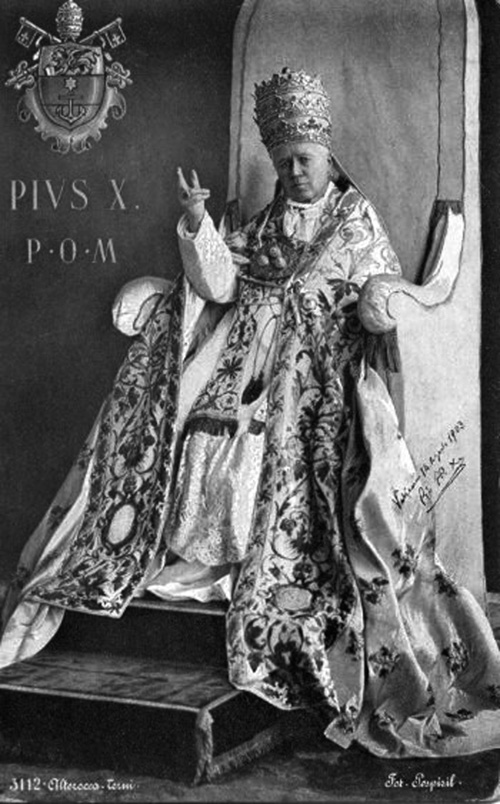



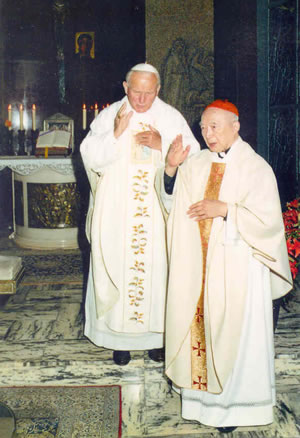






12 comments:
Good points, but I doubt the validity of those "masses" from the diocese of Linz anyway, where it is highly probable that invalid matter is used and corruption of the approved liturgical texts are used instead. Even if the valid form and matter are used, one thing that I find unacceptable is the the abominable practice of communion in the hand. I shudder to think that I could be stepping on Our Lord even though I did not intend to do so, but it is very likely in most typical parishes today.
‘Wherever I go in the whole world, the thing that makes me the saddest is watching people receive Communion in the hand.’
- Mother Teresa (- As reported by Fr. George Rutler in his 1989 Good Friday sermon at St. Agnes Church, New York. When Mother Teresa of Calcutta was asked by Fr. Rutler, "What do you think is the worst problem in the world today?" without pausing a second she gave the above reply. She stated that to her knowledge, all of her sisters receive Communion only on the tongue.)
Holy Communion received on the tongue "signifies the reverence of the faithful for the Eucharist ... provides that Holy Communion will be distributed with due reverence ... is more conducive to faith, reverence and humility.... It [Communion in the hand] carries certain dangers with it which may arise from the new manner of administering holy Communion: the danger of a loss of reverence for the August sacrament of the altar, of profanation, of adulterating the true doctrine."
- Pope Paul VI in his instruction Memoriale Domini (May 29, 1969)
"We were at concelebrated Mass with the Holy Father, and we were absolutely forbidden to give Communion in the hands. Communion in the hand, Communion in the hand began, in the hand, with the publication of the Dutch Catechism with nobody's permission except the bishops--in effect, in principle separated themselves from the Holy See. One country after another began then to ask for permission, which the Dutch bishops never asked for, permission to receive Communion in the hand. I was asked by the [U.S.] bishops' conference to write a defense of Communion on the tongue, and I can again talk for hours.
"In the very, very early Church, Communion was given in the hands. However, as the faith of the Christians weakened in the Real Presence, by the 5th, 6th centuries Communion on the tongue became mandatory--remained mandatory until the present century. Behind Communion in the hand—I wish to repeat and make as plain as I can—is a weakening, a conscious, deliberate weakening of faith in the Real Presence.
And the American hierarchy took most--three times, those wanting Communion in the hand kept pushing and pushing. Finally, meantime, I was asked by the vice-president of the Catholic Conference of Bishops to defend Communion on the tongue, which I did. To get enough votes to give Communion in the hand, bishops who were retired, bishops who were dying, were solicited to vote to make sure that the vote would be affirmative in favour of Communion in the hand. Whatever you can do to stop Communion in the hand will be blessed by God.”
- Fr. John Hardon, S.J., November 1st, 1997 Call to Holiness Conference
in Detroit, Michigan, panel discussion.
"There is an apostolic letter on the existence of a special valid permission for this [Communion in the hand]. But I tell you that I am not in favor of this practice, nor do I recommend it."
- His Holiness Pope John Paul II, responding to a reporter from Stimme des glaubens magazine, during his visit to Fulda (Germany) in November 1980.
A personal struggle I can identify with. Now that I attend the Oratory, I feel liberated! I can get on with participating in the Mass, which is, of course, what Our Lord wants. So when we say in confession "... to carefully avoid the occasion of sin" this sometimes means, for me, making the effort to get to a decent church / Tridentine Mass even when a long distance away.
That's great Matt! You're truly blessed. The Oratorians really know how to celebrate a wonderfully reverent liturgy.
Reading your blog makes me jealous! Thou shalt not covet thy neighbour's Mass and all that =)
But unfortunately, there's no licitly episcopal approved Pian Rite Mass for hundreds of miles. So we have to make do with near occasions of sin. =)
Pray that I may make it through Lent without criticizing my parish liturgy.
After that, all bets are off! Hehe!
In a respectful way of course.
"So we have to make do with near occasions of sin. =)"
I thought even near occasions of sin ought to be avoided? No?
Avoided like the plague!
That's the whole theme of this post.
Being able to discern Christ's presence in the Blessed Sacrament, to tune in to Jesus despite the liturgical noise that bombards us, to find joy in His presence despite all our grouses.
If we can discern His presence under the humble species of bread and wine, surely a little faux pas here and there wont obscure our spiritual sight?
It's very easy asking the parish priest to change, asking the Bishop to change, asking the organist to change and all that. But this Lent, I am going to ask God for the strength to change myself, to open myself to His presence, which is harder by far.
Well, at least I know I'm not all alone in this.. Sometimes it really rips off the joy in hearing Mass. Especially when you hear heresy being preached. The worse part is, you can't do much about it, and people won't listen to you.. sigh.. But still, there is hope, and joy in the presence of Jesus in the Most Holy Sacrament of the Altar who sustains us even thru all that abuses.. Deo Gracias!!
Great post. I have a friend who says she knows folks who drive an hour one way searching for the perfect liturgy, but there *is* no perfect liturgy this side of Heaven. (not that we don't do our utmost, of course. ;-) )
SOOOOOOOOOOUND!!! GREAT POST!
Those were wonderful comments, Andrew, and well worth taking on board for the health of our souls. At the same time, we can not forget the evangelical nature of the Liturgy, and the fact that bad Liturgy can be an affront to what is True. We walk a fine line.
Thank you for your comment, James.
I agree completely that sometimes our spiritual health demands that we attend a Liturgy where we can worship God properly. Going to a liturgy where we cannot contemplate God and feel His presence because of all the distractions around us is harmful in the long run.
Not all of us are saints and not all of us can see through the junk that passes for liturgy these days, so, in those cases, the lesser of 2 evils is preferred. Perhaps in time, we can be more attuned to His presence and discern Him amidst all the distractions.
But I think the Liturgy, while evangelical and catechetical by nature, is not primarily so. It's more mystagogy than catechesis, as Cardinal Arinze's letter on the pro multis issue emphasized. There is a place for catechesis and there's a place for liturgy.
But as lex orandi, lex credendi, we do indeed walk a fine line as the way we worship has indeed negatively influenced the way we believe about fundamental teachings such as the Real Presence and the sacrificial priesthood and the Eucharist as sacrifice. The liturgy is the primary avenue of catechesis for many whose Confirmation marked the end of their formal religious education.
But in this post, I was trying to tackle the issue of how we can respond to liturgy as persons and how we can discern the Presence of Christ amidst all the spiritual noise and find joy. So, that why I recommended that, after discerning Christ and worshipping Him in the Mass, we should write a letter to notify the competent authority about the abuses to that they can be stopped.
Thanks again. Good point!
www.vaticancatholic.com
Post a Comment